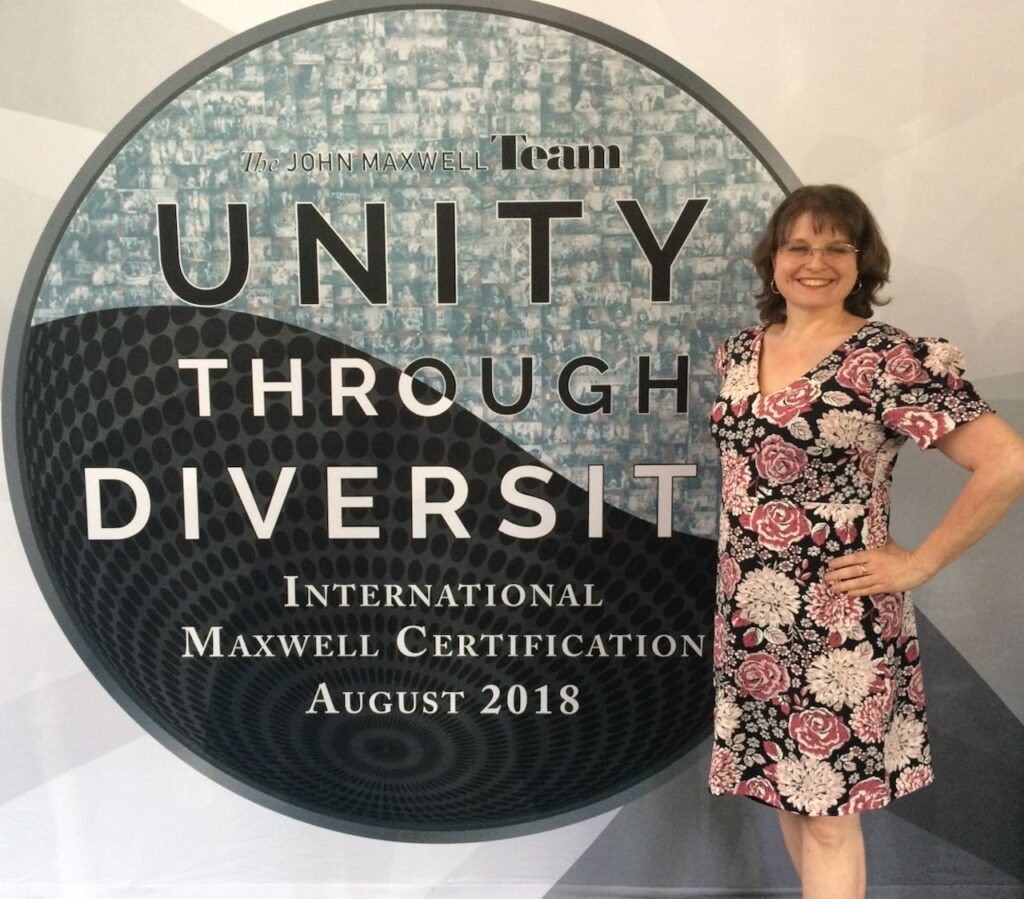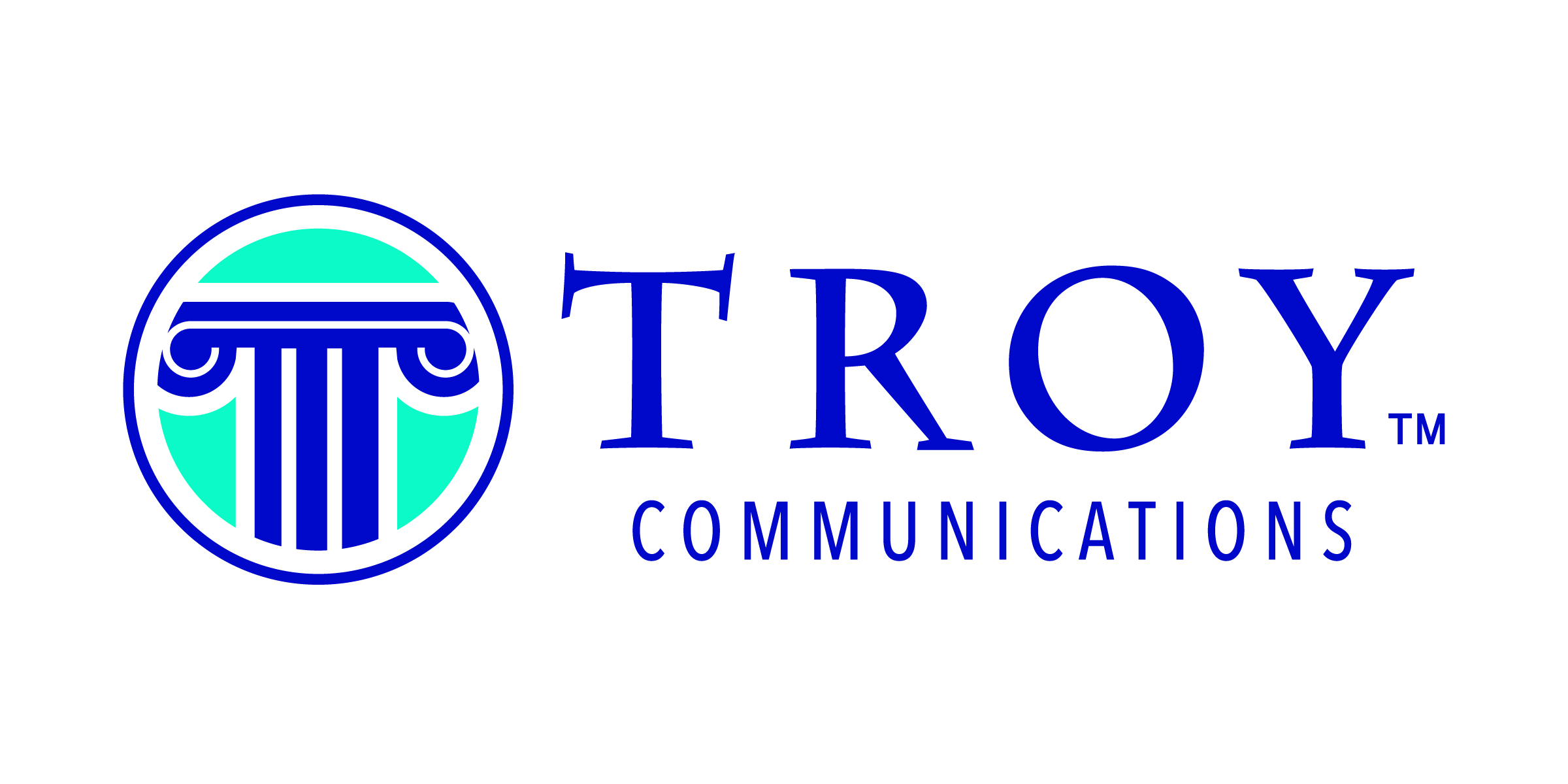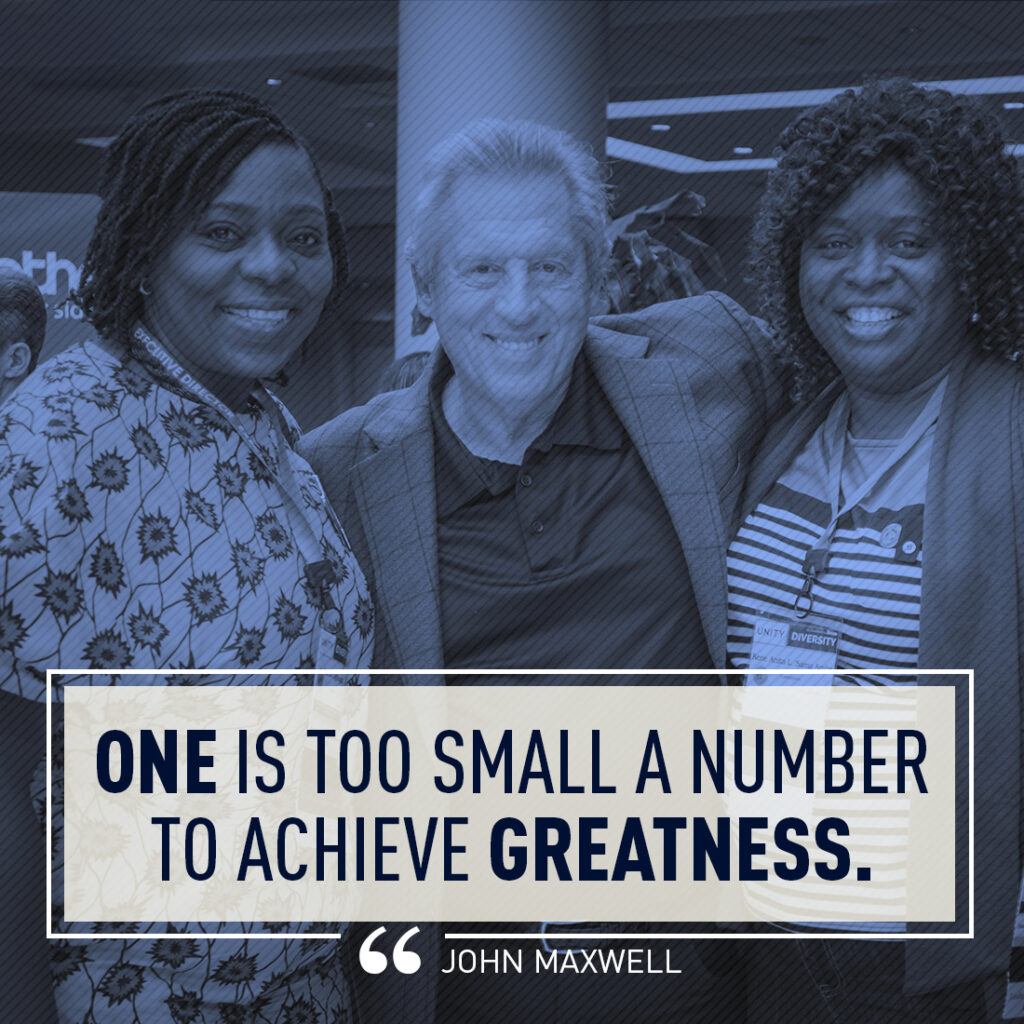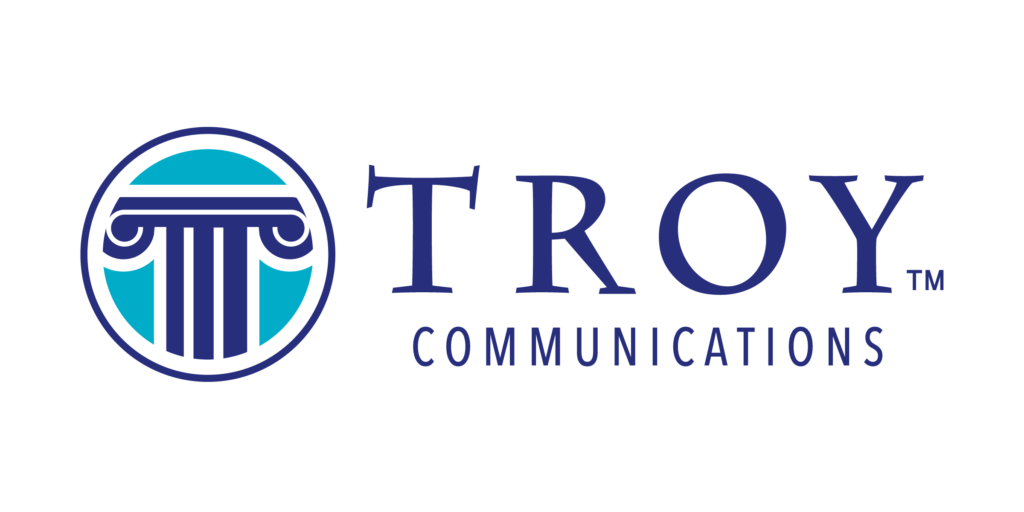As a young teacher in 2003, I started receiving less-than-stellar reviews from my students. Fortunately for me, the school I was teaching with at the timehad a good system in place to coach struggling instructors to improve their teaching approach.
For two months, I was required to create formal and detailed lesson plans – very detailed plans – for my daily classes. I also met with my lead instructor, who helped me reflect on my lessons. The experience completely shifted my approach to teaching, and I see the effects even to this day.
As a young leader, John Maxwell observed that just because someone had more years of experience, it didn’t automatically translate into more wisdom and more understanding. As he pondered this discrepancy, he realized experience is not the best teacher. Evaluated experience is.
We all have bad experiences, things that come up that are unexpected or unplanned – and unwanted! It is how we respond to those situations that can really make a big difference as to whether those experiences help or hinder us. If you focus on everything that’s wrong and how it’s preventing you from moving forward, you will miss some incredible life lessons that will serve you and others well into the future.
Truths about Experience
In his book Leadership Gold, John Maxwell shares some observations about experience:
First – we all experience more than we understand. Life is just too complex for us to absorb everything. We have so many people who are calling for our attention, and there are so many things that are going on in our lives and in our world that it’s hard to really absorb everything. Add social media into the mix, and there’s no keeping up!
One simple way to make sense of all the information and demands upon us is simply taking the time to sit back and reflect on what happened that day or what’s happened in the past week. Reviewing and reflecting enrich our understanding of what’s happened. John Maxwell talks about how he takes time each evening to reflect on what he learned that day.
Second – Our attitude toward unplanned and unpleasant experiences determines our growth. this is a reflection of the Law of Pain in John’s book The 15 Laws of Growth, which states that the good management of bad experiences leads to great growth. It could also be said that the bad management of experiences leads to no growth or maybe negative growth. Your attitude in the situation can determine whether it’s a setback or a lesson that will propel you forward.
Third – not evaluating and learning from experience is more costly than inexperience or gaining experience. If you are growth-oriented, you will look at every opportunity to grow and gain and become better and more understanding, to be a stronger leader. If we ignore the lessons that we are learning or the lessons that life is trying to teach us, we’re losing valuable time or losing valuable insight that could really be costly in the long run.
Fourth – evaluated experience sets a person above the crowd. Most people don’t take the time to reflect. Not everyone takes the time to be self-aware. And among those, even fewer take the time to reflect on a regular basis. But those who do find that their growth is accelerated, that their insights are deepened at a faster pace.
Becoming More Reflective
Personally, I am not the most consistent on reflecting on a daily basis. I aim for a weekly reflections. I find that taking time to think through what went well, what didn’t go well, and what I want to do differently in the future can really solidify the lessons that difficult situations can teach us.
As an introvert, I went to reflect. I want to be quiet; I want to read; I want to journal. This lends itself to a reflective lifestyle. However, my extrovert friends want to process verbally. You might frequently be on the phone with your parents and friends because you process things differently.
If you find that it’s difficult to take that time to sit and reflect, find a friend or a partner who you can talk things through with, a “mastermind” of sorts, so that you can bounce ideas off of each other and learn from those experiences together.
I’ve also found that reflection doesn’t have to be a long drawn out process. For myself, I take about 10 minutes every morning to do some journaling. I might not write the whole time during those ten minutes, but I set the timer on my phone – so I’m not sitting there all day – and whatever thoughts come to me, those are the things I write down. Some days, my mind wanders and I start thinking about other things without writing them down, and that’s okay because I’ve made it a regular practice.
Take It Deeper
If regular reflection is not something that you’re practicing but you want to try it, maybe start with five minutes. Just write whatever’s coming to mind. If there was a struggle or a victory during the day, just write down your thoughts. At the end of the week, go back and re-read what you’ve written and look for common threads. That is what will lead to defining the lessons of the week.
Sometimes it’s hard to know where to start.
If you would like to go deeper on this topic, I offer an ongoing live online course on personal and professional development: Professional Development Essentials. We meet online every Monday night to discuss different elements of personal and professional growth and challenge each other to apply what we’ve learned.















